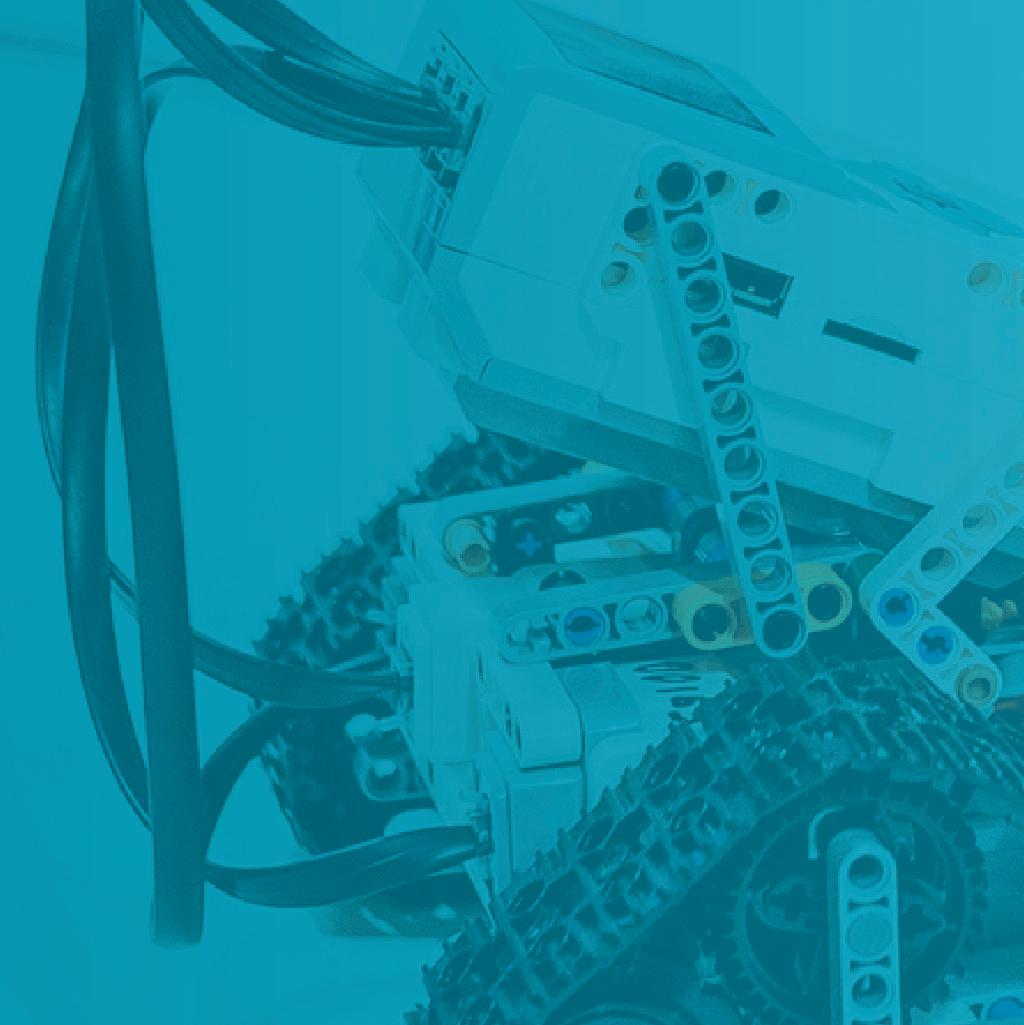
3 minute read
Educational Technologies






Objectives

Knowledge: • Critical history of pedagogy and digital education • Analysis of the current state of knowledge in cognitive science as it is applied to education • Established tools and their use in distance learning on existing platforms • Lifelong learning: analysis of issues and solutions • Economic models for education, and emerging solutions • Standards and metadata in e-learning, associated tools, notions of the semantic web • Initiation in machine learning and algorithmic mechanisms of learning • Analysis of traces related to student’s learning • Marketing and analysis of EdTech market





Skills: Competences: • Create educational multimedia resources with teachers and students • Develop interaction, creativity and adaptability in a group • Create pedagogical and interactive grain software • Create disciplinary or cross-disciplinary educational ontologies • Simulate problem resolution scenarios • Develop interfaces based on user experience • Create electronic and robotic artefacts in a fablab • Design a serious game • Design and present a MOOC • Conceive entrepreneurial solutions: projects, budget, planning • Transform a module of a pedagogical program using disruptive pedagogy • Carry out a creative project with local EdTech companies
The SmartEdTech Master addresses public, social and economic issues in a participative and creative way, to build the education of tomorrow. We are offering the program based on the disruptive pedagogy that is made possible by digital learning. This Master’s program puts smart educational technologies at the heart of its training activities in order to improve today’s education for everybody and to create the education of tomorrow.
Program
A threefold scientific approach:
• In computer science, students will not only master the tools, but also to acquire skills in order to develop digital technologies in education and to create the added educational value for tomorrow’s content and tools. This includes working with the support of machine learning algorithms and applying them to data generated during the learning and evaluation processes.
• In educational science, students will acquire tools to precisely analyse educational innovation (with or without validation).
• In applied cognitive science, students will benefit from the latest developments in neuroscience and behavioral psychology to propose effective and human solutions.
Future careers
• Project manager in e-learning • Instructional designer • Digital learning consultant • Teacher or trainer in online environments • Researcher in educational technology • Digital innovation director • Educational advisor • Your own start up ... and other future jobs for change-makers !
Admission Candidates from a diversity of backgrounds are welcomed to the master’s program. During the program they will develop cross-disciplinary competencies with a dual goal:
• to contribute to improve today’s education and the education of tomorrow: the priority target group are teachers, trainers, tutors and other persons responsible for young people’s education. • to train new professionals who will create diverse educational products. They must be aware not only of technical solutions, but also relate to pedagogical principles.
Master SmarEdTech incorporates both initial and continuous education, in public and private sectors. This program aims to help gradutes develop transversal skills, for example, to become researchers and entrepreneurs at the same time, and to create the jobs of tomorrow.
Tuition fees: 4000€*
*The tuition fee may vary according to your residence status, namely if you are a resident of an EU country or of a country outside the EU. In addition, financial aid (need-based or merit-based scholarships) will be available to students, and other sources of funding will also be available through each training course.
Partners
Laboratory CRIFPE of Department of Risk Engineering and Informatics of Health of









